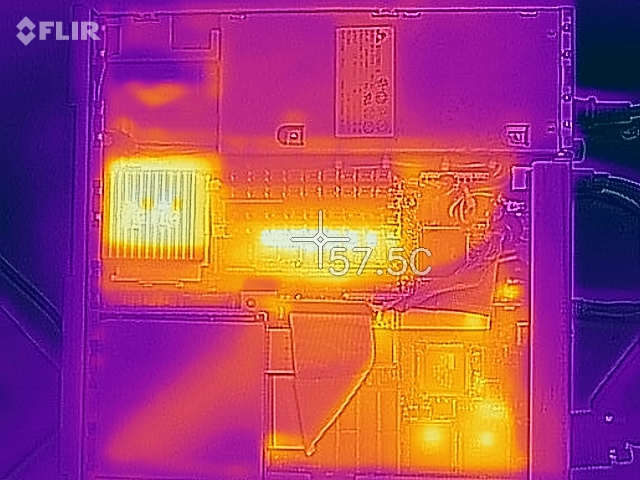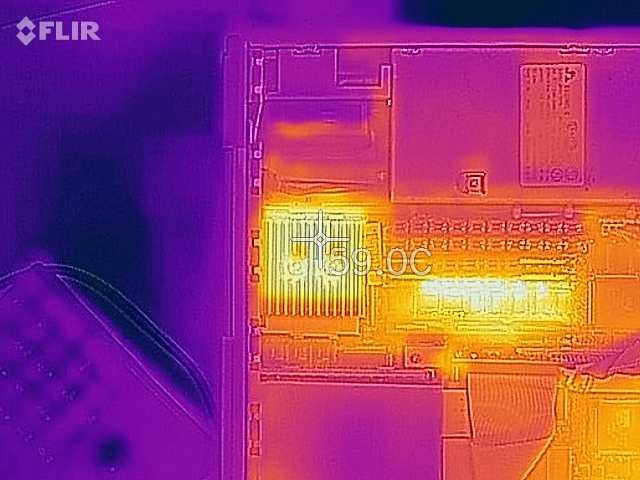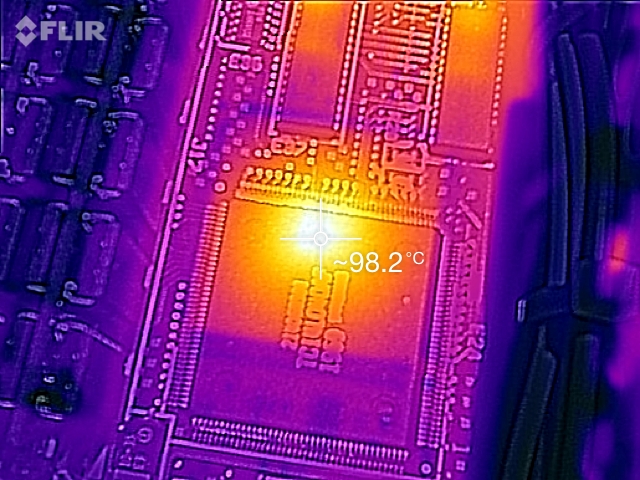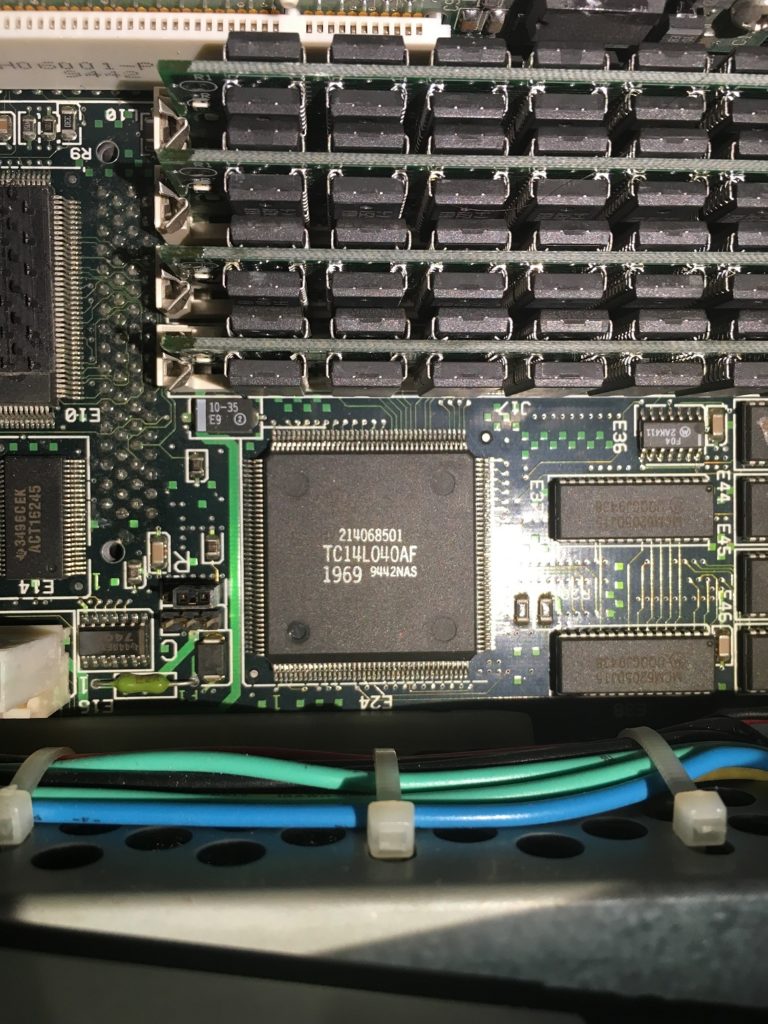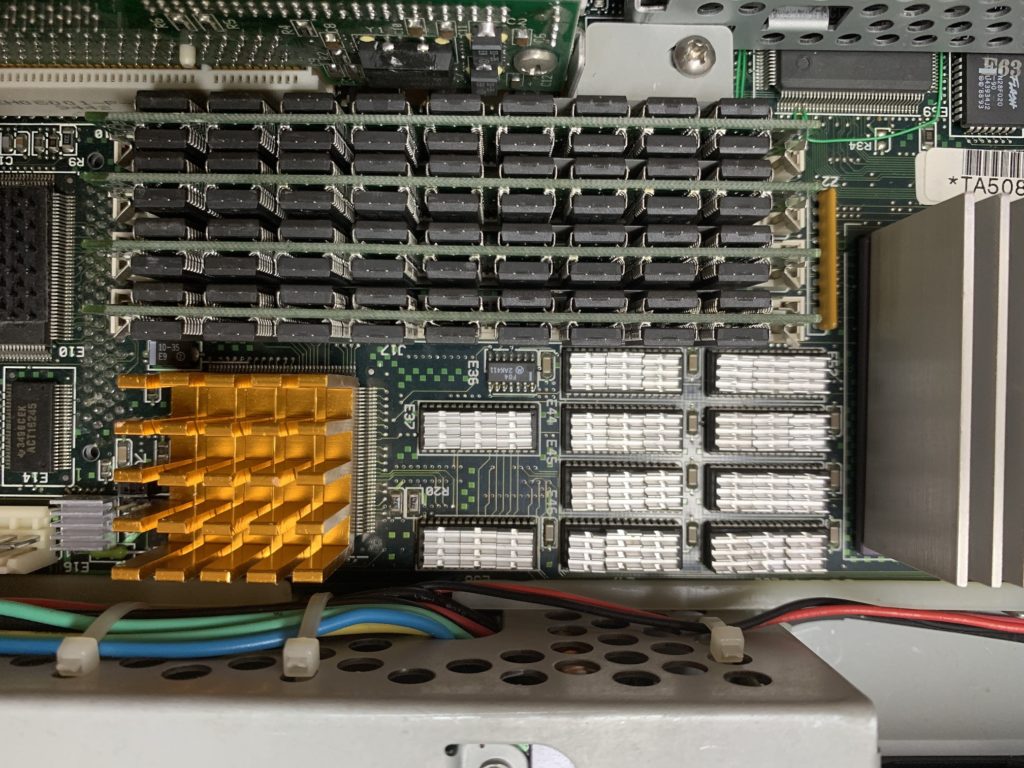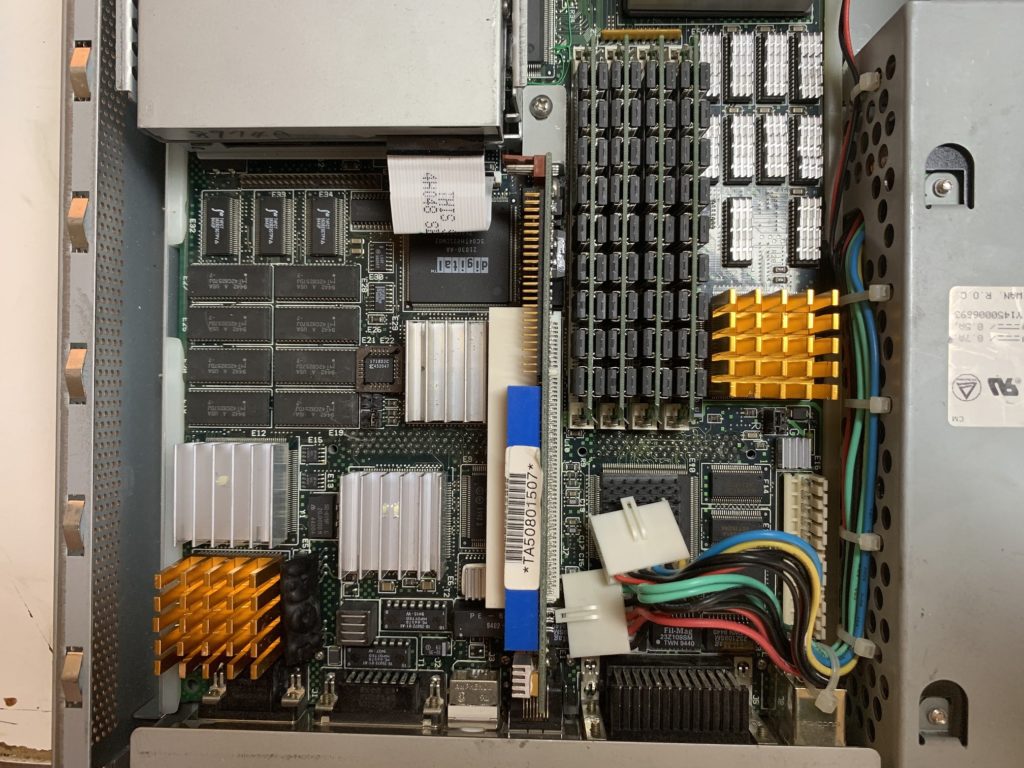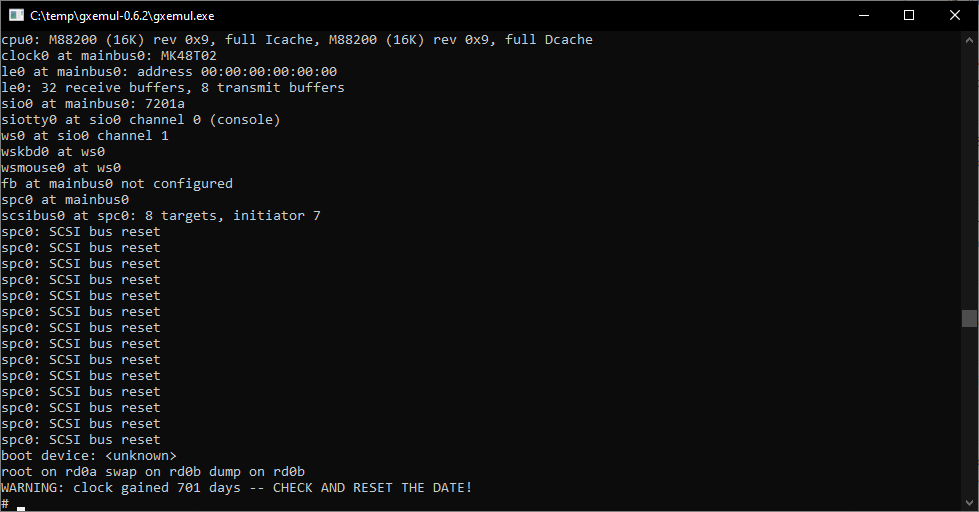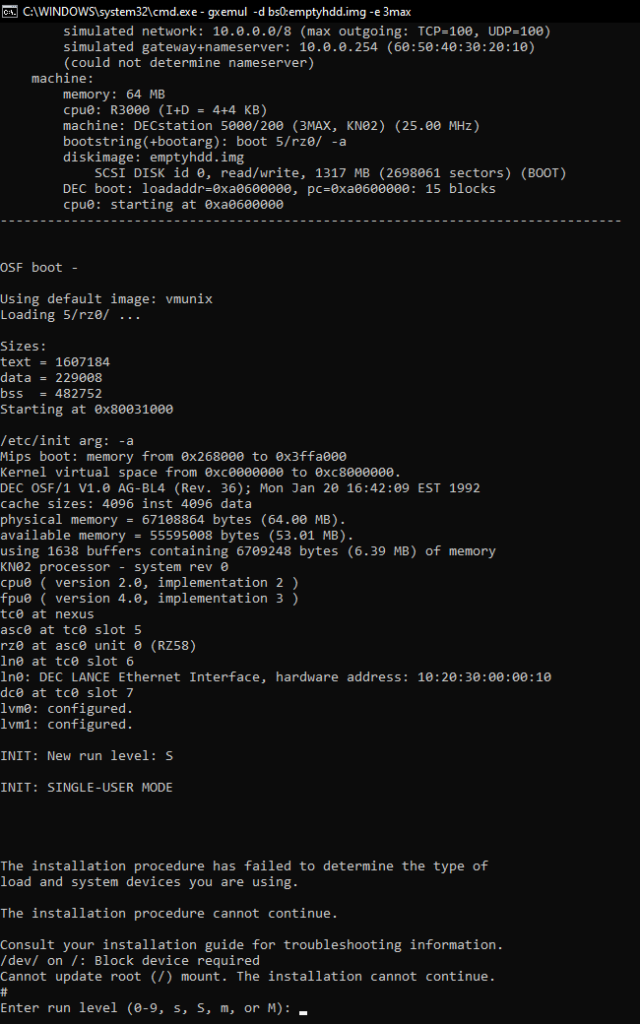Years ago I’d written this terribly vague, and generic quickie post that Debian 5 will in fact boot inside of Qemu. I didn’t really want to get into it as it’s a little complicated and a lot painful. People have cried out over the years, but I figured I’d help people.
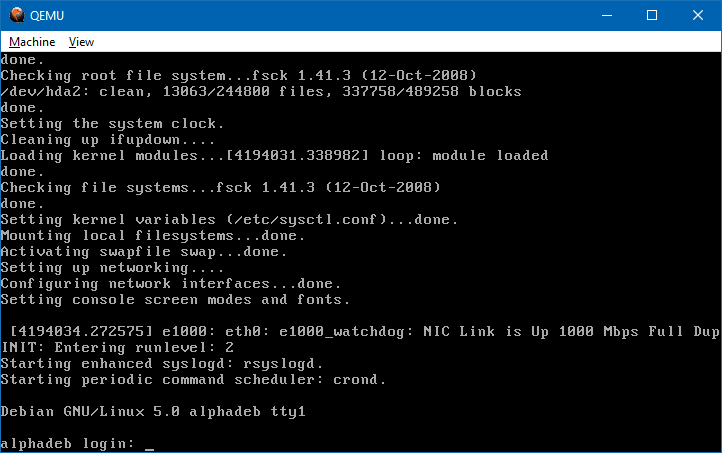
For operating system tourists, I’ll save you the story, just go here, and download qemu-2.2.50-DecAlphaDebian.7z. You’ll quickly find out it’s borderline useless, and go onto your next thing. You’re welcome.
First thing this was running in 2014, and newer Qemu’s seem to behave… strange. So I stuck with a late 2014 build of Qemu. If you deviate from here , you are on your own. I did dig up quite a few other Dec Alpha AXP emulators and put them on archive.org. -But that’s totally up to you, again I’m sticking with 2014’s Qemu.
The BIOS/Pal on Qemu’s Alpha is far from complete and cannot read disks, so no boot sectors, boot loaders, no on disk kernels. All is not lost, you can inject a kernel and initrd, however this is where the fun is. Obviously to install you need to extract both from the ISO file. Also make sure the kernel is decompressed, add a .gz extension and de-compress it, as it should be around 6MB.
qemu-system-alpha.exe -net nic -net user -drive file=alpha.vmdk,if=ide,media=disk -drive file=debian-5010-alpha-netinst.iso,if=ide,media=cdrom -initrd initrd.gz -kernel vmlinux
This is vaguely how to boot up the installer. Partition, make sure hda1 hda2 hda3 etc are created and all is fine.
Now the next amount of fun is that you need to extract the created initrd as the installer initrd always launches the installer. The busybox cannot create tar files, there is no ftp or scp, also I couldn’t get it to even try to mount NFS images.
However on Windows 10 with WSLv2 or a Linux machine you can mount the disk image (keep it raw? or convert it?)
losetup /dev/loop0 myimage.disk partprobe /dev/loop0 mount /dev/loop0p1 /mnt/myimage
These three steps will let you mount the disk in this case /dev/loop0p2 which is the root filesystem. Debian didn’t have partprobe installed so I had to apt-get install parted
Now that you can mount it, you can copy the boot/initrd.img-2.6.26-2-alpha-generic file.
We do need to tell Linux where the root filesystem is so to finally run Qemu it’s like this:
qemu-system-alpha.exe -net nic -net user -drive file=alpha.vmdk,if=ide,media=disk -initrd initrd.img-2.6.26-2-alpha-generic -kernel vmlinuz-2.6.26-2-alpha-generic -append "root=/dev/hda2"
Obviously this was a lot more time consuming than it should be, but now I can do useful things.
Also sometimes Qemu just sits there with a black screen. the UI is waiting for something ,not sure what. It’ll either come to life on it’s own or you got to bang it.

